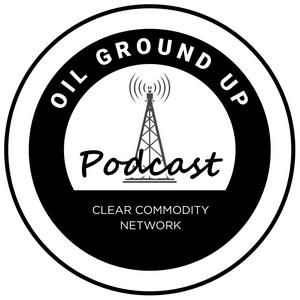The Oil Ground Up podcast welcomes Doug Terreson to parse the dynamics of the chaotic and confusing current oil market. Terreson details his illustrious career path, which included drilling oil wells for Schlumberger, managing one of the world’s largest energy funds on the buy side at Putnam, and managing the global energy group at Morgan Stanley and Evercore for 30 years. He explains how his research note, "The Era of the Super Major" (1998), spurred the industry's most significant consolidation phase since 1911 by forcing companies to pivot from growing production to a value-based model. This focus on value was reinforced by "The Pledge" in 2017, which mandated greater capital discipline, flat spending, and tying intrinsic value metrics to CEO pay. Discussing the present, Terreson analyzes the complex situation where fundamental analysis points to potentially massive inventory builds that have never been seen before. However, he suggests the market must also account for aggressive geopolitical currents, including a potential strategic push from the U.S. and allies that may be defunding three different global conflicts. Finally, Terreson shares his long-term view on the refining sector, recalling his profitable "Golden Age of Refining" call and asserting that utilization rates and margins are poised to rise again due to zero net growth in global refining capacity.


